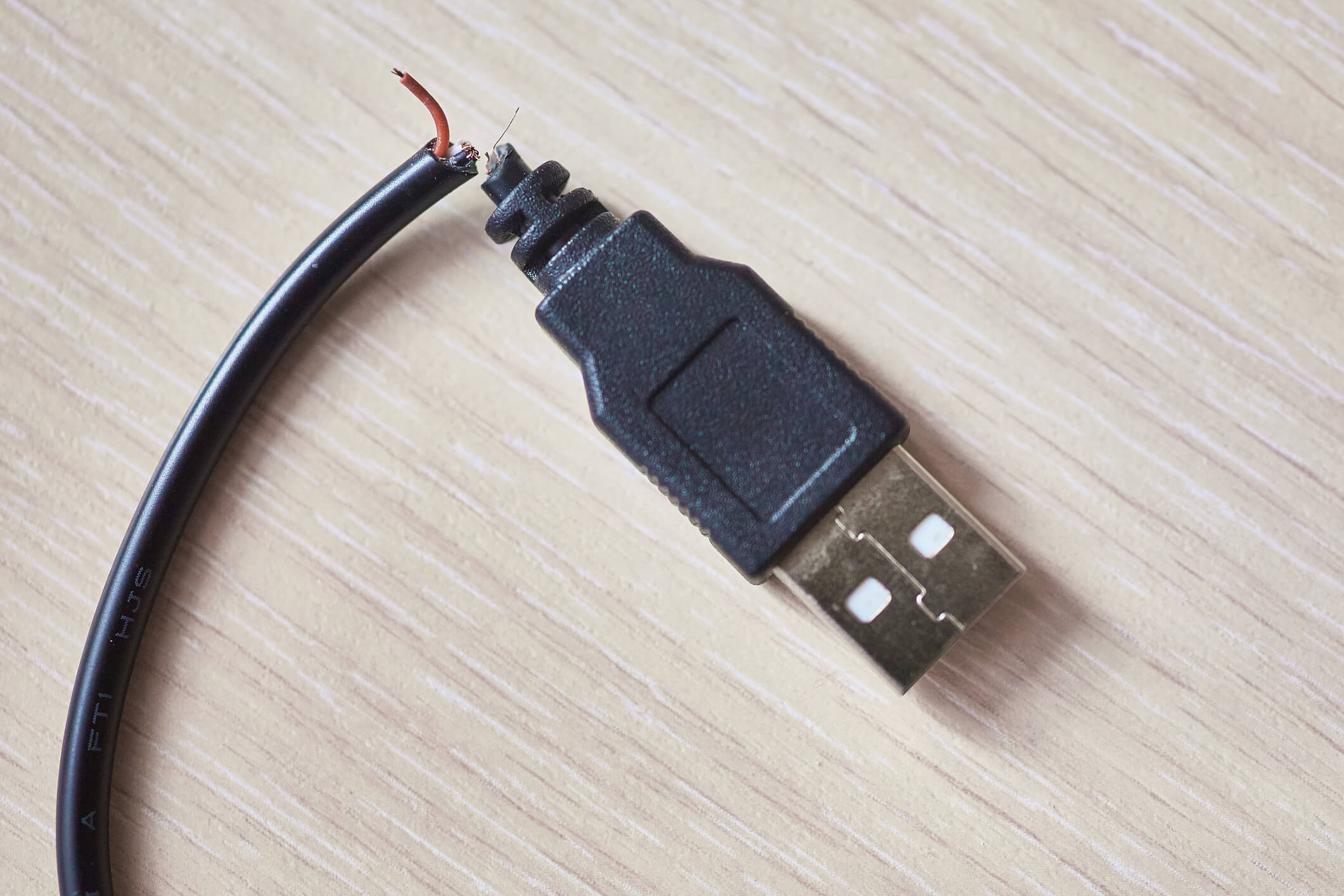In recent years, e-commerce has transformed the way we shop. Consumers increasingly turn to online platforms for convenience, variety, and competitive pricing, from clothing to electronics. The global e-commerce market has seen exponential growth, with more and more people relying on online retailers for their everyday needs. However, with this shift comes new challenges, particularly in product safety and liability.
As consumers, we trust that our products will be safe to use. But what happens when a product bought online is defective or dangerous? The concept of product liability, which holds manufacturers and sellers responsible for defective products, is crucial in protecting consumer rights. This blog post from Joshua E. Palmer Law will explore the intersection of product liability and e-commerce, offering insights into how consumers can navigate this complex landscape.
Understanding Product Liability
Product liability refers to the legal responsibility of manufacturers, distributors, suppliers, and retailers for injuries caused by defective products. Three primary types of defects can give rise to a product liability claim:
- Design Defects: Flaws in the product’s design that make it inherently dangerous or unfit for its intended use.
- Manufacturing Defects: Errors that occur during the production process, resulting in a product that differs from the intended design and poses a risk to consumers.
- Failure to Warn: The absence of adequate instructions or warnings about the product’s potential risks can lead to misuse and injury.
Understanding these concepts is essential for consumers who may find themselves with a defective product, as each type of defect carries different implications for liability and the legal process.
Legal Basis for Product Liability Claims
Product liability claims can be pursued under several legal theories, depending on the defect’s nature and the injury’s circumstances. The most common theories include:
- Strict Liability: Under strict liability, a manufacturer or seller can be held liable for a defective product regardless of whether they were negligent. The focus is on the defectiveness of the product itself, not the defendant’s behavior.
- Negligence: A negligence claim requires the injured party to prove that the manufacturer or seller failed to exercise reasonable care in the design, production, or marketing of the product, resulting in harm.
- Breach of Warranty: This theory applies when a product fails to meet the terms of an express or implied warranty. For example, if a product is marketed as safe for a specific use but causes injury when used as intended, this could constitute a breach of warranty.
Understanding the legal basis for product liability claims is important for consumers seeking justice and compensation for injuries caused by defective products. In the next section, we’ll delve into how these principles apply in e-commerce, where online retailers play a significant role in the distribution of goods.
E-commerce and Product Liability
E-commerce has made product liability more complex. Unlike traditional stores, where the responsible parties are clear, online purchases can involve multiple entities across different jurisdictions, making it difficult to pinpoint who is liable for defective products. Many products are sold by third-party sellers based overseas, complicating efforts to hold them accountable under U.S. law. The global nature of e-commerce also means defective products can easily cross borders, further complicating consumer legal recourse.
Holding Online Retailers Accountable
When consumers receive defective products from online retailers, they have several recourse options. The first step is to contact the retailer or the platform where the purchase was made to request a refund, replacement, or repair. Many online platforms have return and refund policies that can help resolve the issue quickly. However, if these options fail or the defect leads to injury or significant damage, consumers may need to consider legal action.
Filing a product liability claim is a more formal way to seek compensation. Depending on the circumstances, the claim could be against the manufacturer, the seller, or even the online marketplace itself if it played a significant role in the transaction.
Practical Tips for Consumers
To protect yourself when shopping online, it’s essential to take proactive steps:
- Research the Seller: Before purchasing, check the seller’s reputation through reviews and ratings. Be cautious of unfamiliar or international sellers with limited reviews.
- Understand Return Policies: Familiarize yourself with the platform’s return and refund policies, particularly for third-party sellers. Ensure you know the time frames and conditions for returns.
- Document Everything: Keep records of your purchase, including receipts, order confirmations, and any communication with the seller or platform. This documentation can be crucial if you need to file a claim.
- Inspect Products Upon Arrival: When you receive a product, inspect it for any defects or issues. Report any problems immediately to the seller or platform to ensure your concerns are documented within the return window.
- Know Your Legal Options: If you encounter a significant issue and the retailer or platform is unresponsive, consult a legal professional to understand your rights and potential remedies under Georgia law.
By taking these precautions and knowing your rights, you can better protect yourself from the risks of defective products and hold online retailers accountable when necessary. As e-commerce continues to grow, being an informed and vigilant consumer is more important than ever.
Protecting Yourself in the Digital Marketplace
As e-commerce continues to dominate the retail landscape, understanding how to navigate product liability is key for consumers. While online shopping offers convenience and variety, it also presents unique challenges in holding retailers accountable for defective products. By being proactive, understanding your rights, and knowing the legal avenues available, you can protect yourself and seek justice when necessary. Contact us today for more information.
